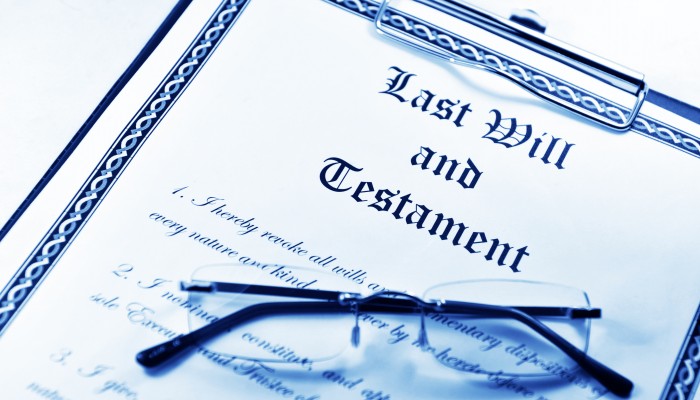Every day, thousands of people around the world pass away without an estate plan. While the customs and regulations governing the creation, maintenance, and execution of estate plans vary from jurisdiction to jurisdiction, that individuals and their families should have estate plans is not in serious dispute.
This is particularly true for individuals and families with considerable assets. If you have yet to secure your personal legacy—and the wealth you’ve built—for generations to come, perhaps these five arguments for doing so will change your mind.
- Designate Your Heirs
One important benefit of an estate plan is the ability to designate heirs directly. With the proper combination of legal structures, it may be possible to avoid the probate process entirely. Generally speaking, assets associated with estates that avoid probate are distributed more efficiently and expediently to designated heirs, without the need for a legal authority to direct their disposition.
- Customize the Care and Distribution of Your Assets
If your estate is sizable or complex, a customized estate plan ensures that your assets are properly maintained and distributed during the remainder of your life and following your death for the precise purposes you designate. For advice regarding bespoke estate planning, look to trust services providers like Asia Pacific based Asiaciti Trust, whose solutions can accommodate an extensive array of estate planning needs.
- Provide for Minors and Wards
An estate plan allows you to provide temporarily or in perpetuity for minors and adult wards. It is common for families to establish trusts for the orderly distribution of income and assets to beneficiaries who lack the legal capacity to manage such decisions on their own.
- Ensure That Your Support for Worthy Causes Outlives You
Your support for charitable initiatives need not cease at the end of your life. A carefully constructed estate plan can ensure that your favored causes continue to receive income and assets from your estate long after you’ve passed on.
Moreover, in some jurisdictions, charitable giving may have lucrative tax benefits during your life and your heirs’. According to U.S. money management giant Fidelity, the U.S. tax code “allows you to contribute appreciated securities directly to a charity without paying capital gains tax on the appreciated value.”
In the United States, common vehicles for legacy-based charitable giving include charitable lead trusts (CLTs) and charitable remainder trusts (CRTs); other options are available in other jurisdictions. Consult a tax professional for more information.
- Your Estate Plan Is Not Set in Stone
It is important to remember that most aspects of an estate plan, including beneficiaries, can be changed following the plan’s creation. Your estate plan is not a snapshot in time; rather, it is a living, evolving encapsulation of your legacy. To ensure that you are able to make desired changes with minimal complication, work with an experienced estate planning partner to create a flexible plan.
Do You Have an Estate Plan?
It is never too early to begin thinking about your legacy. Even if you are in good health today, the future is by nature unpredictable. And, as we have seen, it is entirely possible to modify your estate plan after its initial creation. As is the case in so many endeavors, getting started really is the most difficult part.

